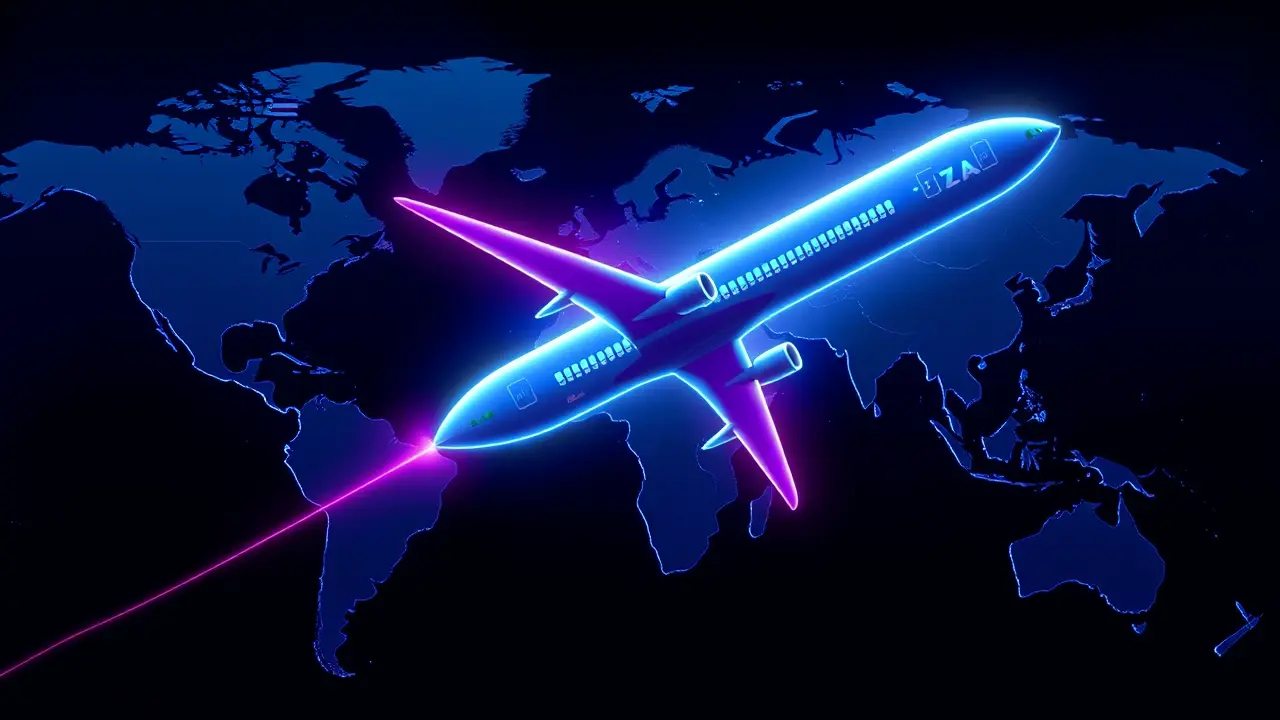Potential US Airspace Ban on Chinese Airlines in Trade War
The Trump administration's proposal to bar Chinese airlines from utilizing Russian airspace on U. S.routes represents a significant escalation in the long-simmering trade war, introducing a complex geopolitical risk into the commercial aviation sector that could have cascading consequences far beyond ticket prices. Analysts are deeply divided on the plan's immediate feasibility, but its mere proposition signals a dangerous new front where economic policy weaponizes global supply chains and flight paths.Should Washington follow through, Chinese carriers like Air China and China Eastern would face a brutal operational recalculation; the most direct routes across the Russian Far East and Siberia would be severed, forcing flights from Beijing and Shanghai to major American hubs like New York and San Francisco to take lengthy, fuel-intensive detours. These alternative paths could swing southward, skirting Central Asia and crossing the volatile Middle East before traversing the Atlantic, or head north over the Arctic, a region with its own logistical and environmental challenges, potentially adding hours to flight times and burning tens of thousands of dollars in extra jet fuel per trip.The immediate financial hemorrhage, as noted by Chinese aviation analyst Yang Bo, would stem from the logistical nightmare of canceling and rebooking already-sold flights, incurring massive passenger compensation costs and leaving expensive aircraft capacity idle. However, the strategic implications are even more profound.This move would effectively force a decoupling of U. S.-China aviation infrastructure, mirroring the technological separation seen with Huawei and semiconductors, and would test the resilience of the global aviation governance system, potentially inviting retaliatory measures from Beijing that could target American airlines' overflight rights in Chinese-controlled airspace. Historically, airspace bans have been tools of sanction and diplomatic censure, but applying them within the context of a bilateral trade dispute between the world's two largest economies is unprecedented, creating a scenario where a single political decision could reroute global traffic flows, disrupt cargo logistics, and inflate operational costs industry-wide.The Kremlin's reaction is another critical variable; Russia, already under extensive Western sanctions, might see this as an opportunity to deepen its economic and strategic ties with China, potentially offering preferential overflight terms as a political counter to U. S.pressure. For global investors and corporate travel managers, this proposal injects a new layer of uncertainty into planning, threatening to make trans-Pacific travel a bellwether for U.S. -China relations, where the price of a ticket becomes a direct reflection of diplomatic tensions. While some analysts question the legal and administrative hurdles of implementation, the very fact that such a measure is being seriously debated marks a pivotal moment, demonstrating how interconnected systems of global commerce can be rapidly reconfigured into instruments of national strategy, with the open skies becoming just another contested domain in a wider economic conflict.
It’s quiet here...Start the conversation by leaving the first comment.
© 2025 Outpoll Service LTD. All rights reserved.
